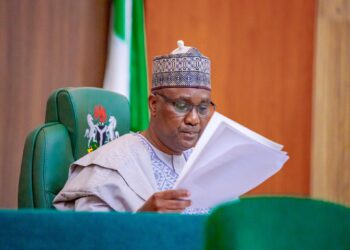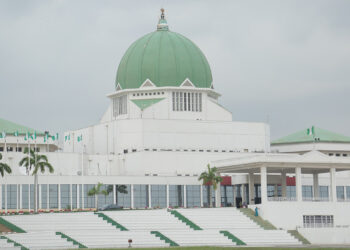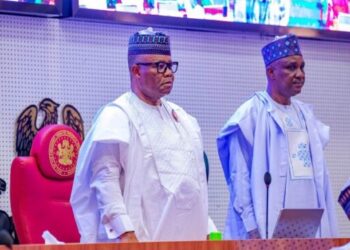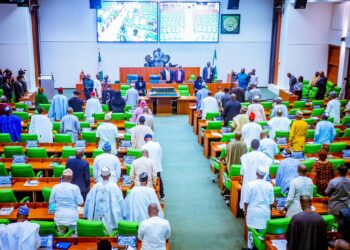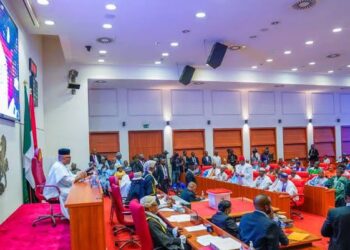The National Assembly has passed the 2018 budget. Details of the budget show the National Assembly raised the 2018 budget by over ₦508 billion, bringing it to ₦9.12 trillion as against the ₦8.612 trillion presented by the President in November last year.
Projections of the budget
- The crude oil benchmark price of the budget was increased from $45 to $50.5.
- The Naira/Dollar exchange rate was retained at ₦305 to $1
- While the daily crude oil production was also retained at 2.2 million barrels.
The capital expenditure was raised to ₦2.869 trillion from the ₦2.652 trillion.
The recurrent expenditure was also increased from ₦3.494 trillion to ₦3.516 trillion.
Debt servicing provision rose to ₦2.203 trillion from ₦2.014 trillion. This new figure includes the ₦190 billion for the “Sinking Fund.”
The sectoral breakdown of the budget
The sectoral breakdown of the budget shows that the Ministry of Power, Works, and, Housing got the biggest share of the 2018 budget.
- The Ministry of Power, Works and Housing received ₦682,959,550,242
- Ministry of Transportation, ₦251,420,000.000
- Ministry of Defence, ₦157,715,439.613
- Ministry of Agriculture and Rural Development, ₦149,198,139.0 37
- Ministry of Water Resources, ₦147,199,614,645
- Ministry of Industry, Trade, and Investment, ₦105,156,176,854.
- Ministry of Education got ₦102,907,290,833.
- Ministry of Health, ₦86,482,848,198.
- Ministry of Environment, ₦17,492,955,833.
- Ministry of Niger Delta Affairs, ₦58,082,611,977.
The National Assembly, the National Judicial Council, the Universal Basic Education and the Niger Delta Development Commission (NDDC) also got approval for statutory transfer worth ₦139,500,000,000; ₦109,063,630,546; and ₦81,882,555,891.
The Senate President, however, appealed to the executive to ensure immediate implementation of the budget. The budget is now ready for assent by the President.








